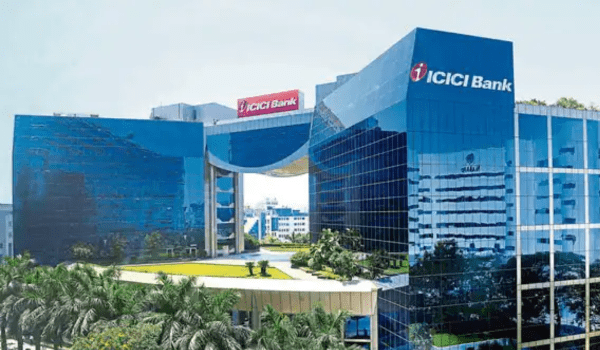According to a recent report by ICICI Securities, the compensation of employees (CoE) in the private corporate sector has surpassed that of the public sector for the first time, reaching Rs 30 trillion.
In the fiscal year 2022-23, the wage bill for listed private corporate companies grew impressively by 17 per cent, amounting to Rs 11.5 trillion. This growth was driven by sectors such as NBFC, private banks, IT, consumer discretionary, industrial, and auto industries.
In the previous fiscal year, the aggregate wage bill of the entire private corporate space in the economy recorded a strong 21 per cent year-on-year growth, totaling Rs 30 trillion, surpassing the public sector’s wage bill of Rs 28 trillion, as reported by the National Accounts Statistics. The private corporate wage bill has been on a continuous upward trajectory, showing a structural trend with its share in the GDP rising from 9 percent in FY12 to 13 percent in FY22. This growth can be attributed mainly to the process of formalisation in the economy. This has resulted in a 10-year compound annual growth rate (CAGR) of 14 per cent, outpacing the nominal GDP growth rate of 10 per cent.
It is worth noting that developed economies like the US have a much higher private sector compensation of employees to GDP ratio at 45 per cent, whereas India’s ratio stands at 13 per cent. This indicates that there is significant potential for further growth in India’s private corporate wage bill.
The growth of the private corporate wage bill over the past decade can be attributed to two factors: strong wage growth for existing employees (averaging 8-10 per cent, according to salary surveys) and an increase in the formal workforce through new additions.
The report also highlights that the expansion of the formal workforce is supported by data from the EPFO, which shows a net addition of 14 million employees over the past 12 months, as well as rising collections of personal income tax.
However, the report also points out some near-term risks to the expansion of the private corporate wage bill. One significant concern is the considerable weight of the IT services sector in India’s private corporate wage bill, accounting for 42 per cent in the listed space. With IT and tech start-up hiring slowing down, and wage increases expected to be modest in the near future, it might impact the overall wage bill growth. Nevertheless, it is essential to note that the IT/BPO sector only accounts for 12 per cent of the organised sector workforce and a mere 1 per cent of the overall workforce.


